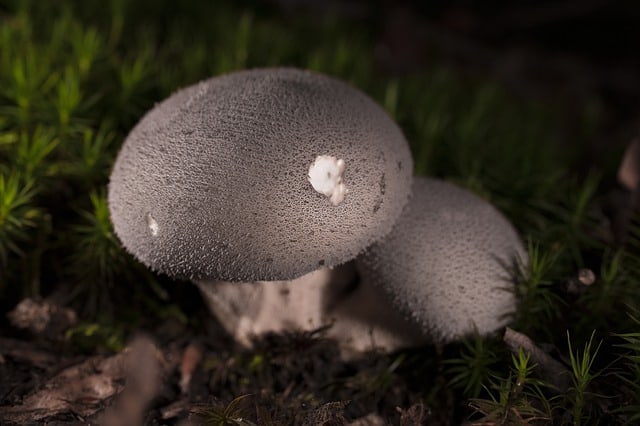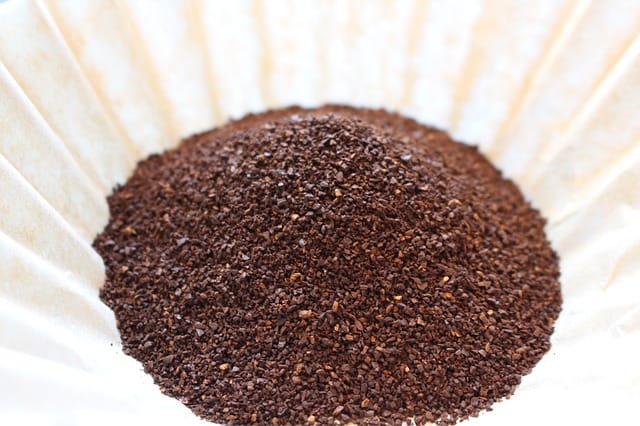As of now, 10-year-old dry ginseng is sold for an average of $550 per pound and you can get up to 300 pounds of Ginseng per acre.
This is a significant profit that you could use to expand the width and dimensions of your land in the future and plant more.
Continuous one-time planting of ginseng on large lands will be to your advantage. The reason for this is that the harvest periods of ginseng are very long. A ginseng plant can be harvested after an average of 4-5 years.
How Much is Ginseng Worth Per Acre?
The ginseng market is constantly changing, therefore the price per acre fluctuates constantly. However, as of 2021, the price of ginseng per acre has remained steady at around $165,000 – $210,000 per acre depending on the age of the ginseng.
One of the biggest disadvantages of ginseng is that it is necessary to wait for a long time for the roots to reach maturity. The more mature the root, the more you can charge. Considering these factors, you can make around $50,000 of profit per acre per year.
Due to the high price of ginseng and the long maturity wait, some cultivators are tempted to harvest ginseng before they are ready.
This is why legal restrictions have been introduced in ginseng production and unlicensed collecting has been somewhat prevented.
Is Growing Ginseng Profitable?
The ginseng business is a very profitable business model. At the end of the predefined period, you can earn high profits by selling your ginseng to first-hand buyers.
The ginseng plant has been extremely popular for its healing properties and used by people as a medicinal plant for centuries.
In the treatment of many diseases, ginseng has been used as alternative medicine. Ginseng is still very much in demand today for the same reasons, which is why the price of this plant can be very high, as older plants are believed to be more potent.
In particular, the fact that wild ginseng species are stronger than other ginseng causes some ginseng species to be sold at very exorbitant prices.
Therefore, you have a very high chance of earning good money by growing ginseng. However, the cultivation of ginseng also has some disadvantages.
The Disadvantages of Growing Ginseng
Since the ginseng plant is a perennial plant, the harvest time of this plant is quite long. Adult ginseng must have at least 4 root marks on it to be harvested.
Root traces represent a year that ginseng has completed, and all ginseng that has not completed the age of 4-5 are considered immature.
This long waiting period is initially what puts some people off venturing into the ginseng business. It is a business model that is cheap in terms of dollar investment but expensive when it comes to time investment.
If you are looking for a quick turnover, the ginseng business is not for you.
Cultivators should also think twice about trying to harvest ginseng early. Immature ginseng does not have any health benefits at all, and selling immature and ineffective ginseng will harm your business in the long run.
Also, most states and countries have harsh administrative penalties for anyone caught selling immature ginseng. Especially if they are trying to pass it off as mature.
How Long Does it Take to Grow a Pound of Ginseng?
There is an average of 7000-8000 ginseng seeds in one kilogram. It takes an average of 6-8 years to have an average of 3500-4000 mature roots.
Growing ginseng is a job that requires patience. The reason for this is that it takes years from planting a ginseng plant to reaching maturity.
However, if you are patient and continue production, the end-profit will be worth the wait.
How Do You Start a Ginseng Farm?
Autumn is the best season to start ginseng cultivation. During these months, you should plant the ginseng seeds 1.5 inches below the soil and the roots should be at least 3 inches deep.
One of the most important factors for ginseng plants is humidity. Ginseng grows more efficiently in moist environments.
In terms of following the development period, ginseng provides a lot of convenience to the producers.
You do not need to constantly check the ginseng plant once you have planted it. It is a self-sufficient plant that only requires moist soil and shade to thrive.
Ginseng will grow wonderfully if the appropriate environment is provided. In addition, fertilization can cause negative consequences in their growth quality.
Therefore, avoid fertilizing the ginseng plant as much as possible.
Is it Legal To Grow Ginseng?
In many countries, ginseng cultivation is only carried out on lands that are authorised by the state.
If you are frowning for your own use on your own lands such as your backyard or a pot in your home, then there is no limit on ginseng growth, so long as you do not intend to sell it to the public.
Within these limits, there are no legal restrictions on growing ginseng. However, it is illegal to harvest immature ginseng plants on any land.
The reason for this is that many ginseng collectors try to harvest before the plant reaches maturity. This method is generally applied to make a profit in the short term and ignores the sustainability of the ginseng plant which causes these plants to disappear.
Since the ginseng plant has long harvest cycles, it is necessary to wait for a long time before you will make a profit.
However, many illegal ginseng collectors are still collecting plants that are 1-2 years old and disrupt the ecological system without planting new ones. For this reason, illegal ginseng collecting is restricted by administrative fines in many countries.
Can You Make Money With Ginseng?
With ginseng cultivation, you can earn good money but it takes a while to see the results.
Some ginseng herbs can grow very quickly, while others mature very slowly. It varies according to the quality of the seed, the fertility of the soil, and the care taken by the producer.
While some ginseng plants can be harvested after 4 years of age, some reach maturity in 6-8 years. Ginseng is a perennial herb that can live for up to 40 years if left undisturbed.


